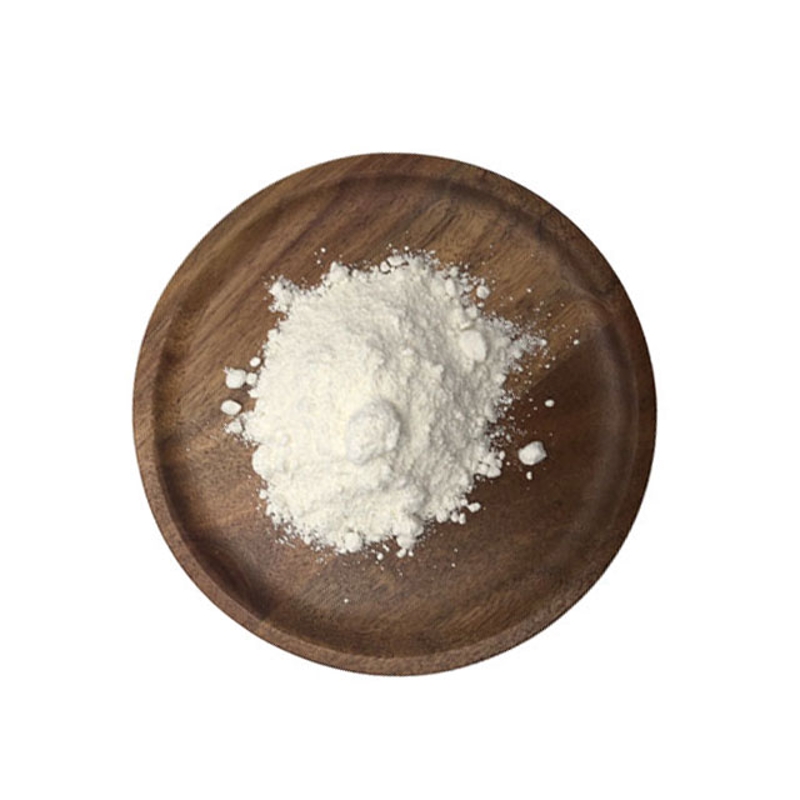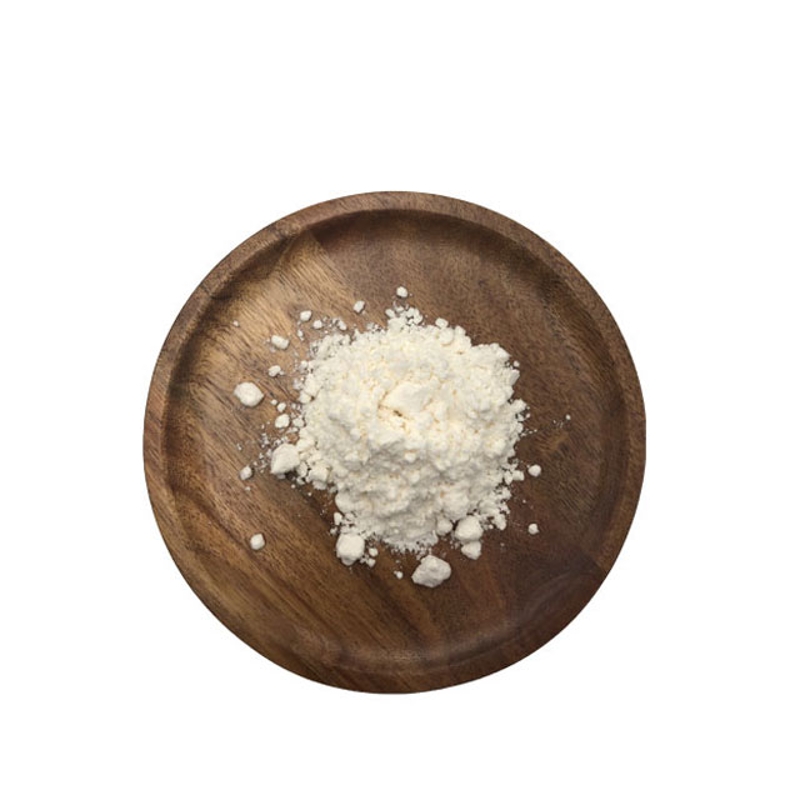-
Categories
-
Pharmaceutical Intermediates
-
Active Pharmaceutical Ingredients
-
Food Additives
- Industrial Coatings
- Agrochemicals
- Dyes and Pigments
- Surfactant
- Flavors and Fragrances
- Chemical Reagents
- Catalyst and Auxiliary
- Natural Products
- Inorganic Chemistry
-
Organic Chemistry
-
Biochemical Engineering
- Analytical Chemistry
- Cosmetic Ingredient
-
Pharmaceutical Intermediates
Promotion
ECHEMI Mall
Wholesale
Weekly Price
Exhibition
News
-
Trade Service
Edited and written by Yimaitong, please do not reprint without authorization
.
Because gout is more common in men, many people hold the misconception that "gout is only for men"
.
In reality, however, women with gout face a greater disease burden due to the possibility of more comorbidities
.
In addition, female patients may be in special periods such as pregnancy and breastfeeding, and the choice of clinical medication should be especially cautious
.
Recently, an article published in the journal J Inflamm Res (IF: 6.
922) explored the gender differences in the onset and treatment of gout, and focused on the contraindications of gout in pregnant and lactating women
.
Gout: High incidence in men, but greater disease burden in women Gout is the most common inflammatory arthritis and is caused by the deposition of monosodium urate crystals in synovial fluid and other tissues due to elevated serum uric acid levels, with a global prevalence of 1%- 4%
.
Gout tends to be more common in men due to the protective effect of estrogen and progesterone lowering serum uric acid levels in women, and in some population surveys, gout affects men ten times more than women
.
In women, gout is more common after menopause, with an average age at diagnosis of 65-71 years
.
The incidence of gout is relatively similar in older men and women
.
Although the prevalence of metabolic syndrome is higher in both men and women with gout, women are more likely than men to have hypertension (77%-78% vs.
56%-57%), diabetes (28%-39 % vs.
17%), renal insufficiency (24%-64% vs.
13%-31%), and increased BMI (mean BMI 33.
5 vs.
31.
9)
.
Precautions for the use of "acute gout attacks" - pregnant/lactating women ➤ Glucocorticoids: Usually, gout patients in pregnancy and lactation can use glucocorticoids to treat acute gout attacks.
Blood pressure or diabetes, the doctor should make a decision after weighing the pros and cons according to the condition
.
➤ Non-steroidal anti-inflammatory drugs: NSAIDs can be used in the first and second trimesters to treat acute gout attacks, but these drugs are strictly prohibited in the third trimester because they may cause premature closure of the fetal ductus arteriosus
.
➤Colchicine: Colchicine has been reported to cause chromosomal damage to the fetus and can be transmitted through breast milk, so it should be contraindicated during pregnancy and lactation
.
Precautions for the use of “chronic gout”—pregnant/lactating women ➤ Glucocorticoids: For women with recurrent gout attacks during pregnancy and lactation, low-dose glucocorticoids can be used for prevention
.
➤Allopurinol: Allopurinol is a class C teratogenic agent, which may damage the growth and development of the fetus.
It is not recommended for use during pregnancy; allopurinol can be passed through breast milk, and its effect on the baby is not clear.
Pay close attention to detect adverse reactions in infants, such as allergies and leukopenia
.
References: Patel AV, Gaffo AL.
Managing Gout in Women: Current Perspectives[J].
J Inflamm Res.
2022 Mar 3;15:1591-1598.
doi: 10.
2147/JIR.
S284759.
.
Because gout is more common in men, many people hold the misconception that "gout is only for men"
.
In reality, however, women with gout face a greater disease burden due to the possibility of more comorbidities
.
In addition, female patients may be in special periods such as pregnancy and breastfeeding, and the choice of clinical medication should be especially cautious
.
Recently, an article published in the journal J Inflamm Res (IF: 6.
922) explored the gender differences in the onset and treatment of gout, and focused on the contraindications of gout in pregnant and lactating women
.
Gout: High incidence in men, but greater disease burden in women Gout is the most common inflammatory arthritis and is caused by the deposition of monosodium urate crystals in synovial fluid and other tissues due to elevated serum uric acid levels, with a global prevalence of 1%- 4%
.
Gout tends to be more common in men due to the protective effect of estrogen and progesterone lowering serum uric acid levels in women, and in some population surveys, gout affects men ten times more than women
.
In women, gout is more common after menopause, with an average age at diagnosis of 65-71 years
.
The incidence of gout is relatively similar in older men and women
.
Although the prevalence of metabolic syndrome is higher in both men and women with gout, women are more likely than men to have hypertension (77%-78% vs.
56%-57%), diabetes (28%-39 % vs.
17%), renal insufficiency (24%-64% vs.
13%-31%), and increased BMI (mean BMI 33.
5 vs.
31.
9)
.
Precautions for the use of "acute gout attacks" - pregnant/lactating women ➤ Glucocorticoids: Usually, gout patients in pregnancy and lactation can use glucocorticoids to treat acute gout attacks.
Blood pressure or diabetes, the doctor should make a decision after weighing the pros and cons according to the condition
.
➤ Non-steroidal anti-inflammatory drugs: NSAIDs can be used in the first and second trimesters to treat acute gout attacks, but these drugs are strictly prohibited in the third trimester because they may cause premature closure of the fetal ductus arteriosus
.
➤Colchicine: Colchicine has been reported to cause chromosomal damage to the fetus and can be transmitted through breast milk, so it should be contraindicated during pregnancy and lactation
.
Precautions for the use of “chronic gout”—pregnant/lactating women ➤ Glucocorticoids: For women with recurrent gout attacks during pregnancy and lactation, low-dose glucocorticoids can be used for prevention
.
➤Allopurinol: Allopurinol is a class C teratogenic agent, which may damage the growth and development of the fetus.
It is not recommended for use during pregnancy; allopurinol can be passed through breast milk, and its effect on the baby is not clear.
Pay close attention to detect adverse reactions in infants, such as allergies and leukopenia
.
References: Patel AV, Gaffo AL.
Managing Gout in Women: Current Perspectives[J].
J Inflamm Res.
2022 Mar 3;15:1591-1598.
doi: 10.
2147/JIR.
S284759.







